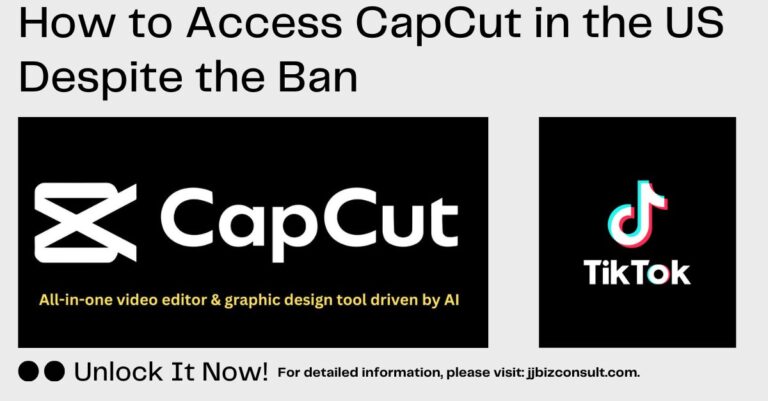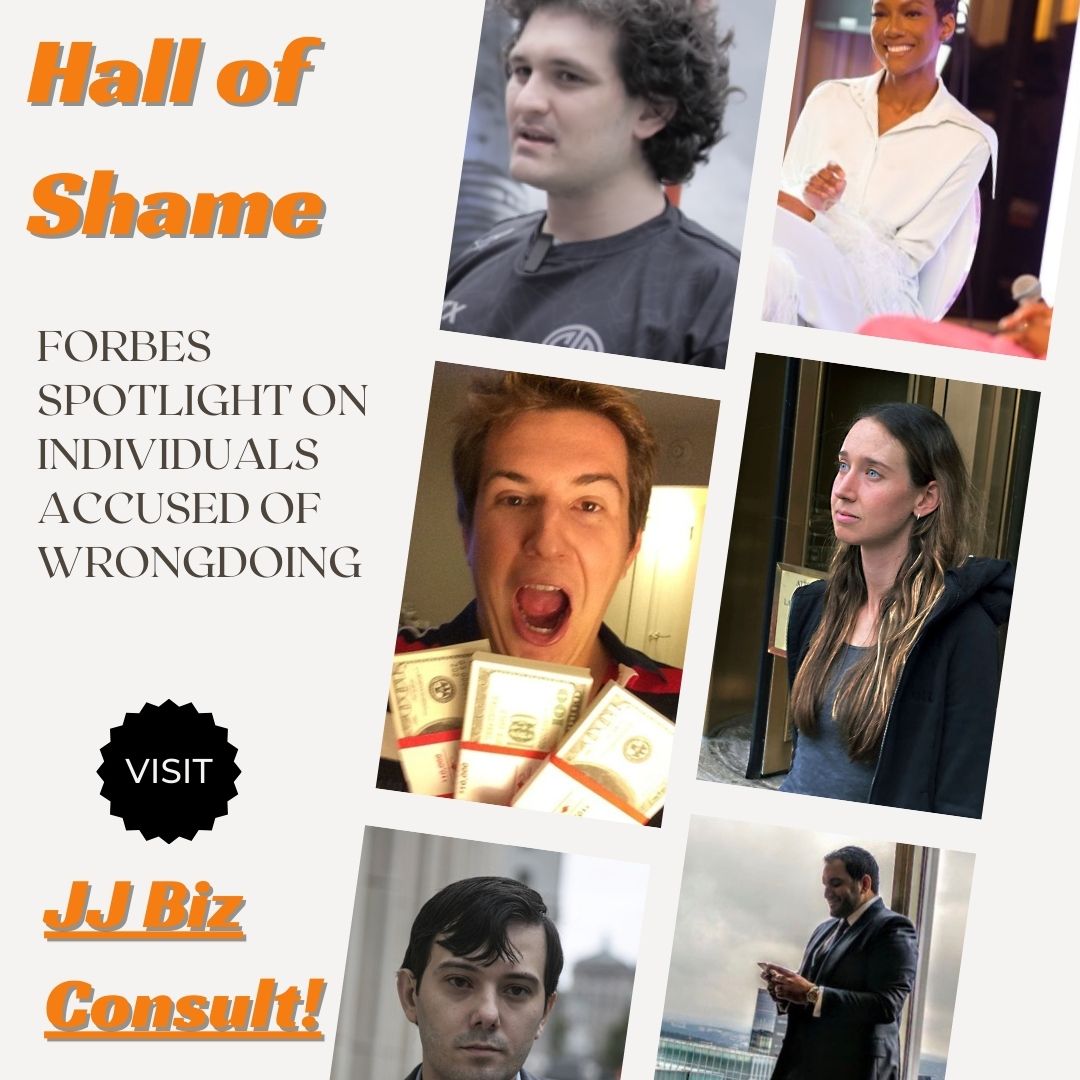
Hall of Shame : Forbes Spotlight on Individuals Accused of Wrongdoing
Hall of Shame : Forbes spotlight on individuals accused of wrongdoing.
Forbes recently published a “Hall of Shame” for its 30 Under 30 lists, which highlights individuals who have been accused of wrongdoing or have otherwise fallen from grace since being named to the list.
The list includes:
Hall of Shame : Sam Bankman-Fried, the founder of FTX
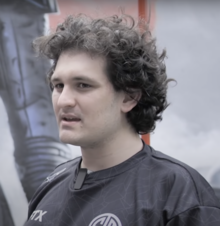
Sam Bankman-Fried was the founder and CEO of FTX, a cryptocurrency exchange that was once valued at over $30 billion. In November 2023, Bankman-Fried was arrested and charged with fraud by the Southern District of New York. He was accused of stealing billions of dollars from FTX customers to fund political contributions, venture capital investments, and other extravagant spending.
Bankman-Fried pleaded not guilty to the charges, but he was found guilty by a jury in November 2023. He faces a maximum sentence of 115 years in prison. The collapse of FTX and Bankman-Fried’s subsequent arrest and conviction were a major blow to the cryptocurrency industry. They also raised concerns about the regulation of cryptocurrency exchanges.
Bankman-Fried was a controversial figure even before his arrest. He was known for his lavish lifestyle and his willingness to take risks. He was also a major donor to both Democratic and Republican political campaigns.
The charges against Bankman-Fried are serious, and he could face a long prison sentence if he is convicted. However, he has maintained his innocence, and he is appealing his conviction.
Hall of Shame : Caroline Ellison, the co-CEO of Alameda Research

Caroline Ellison, the former co-CEO of Alameda Research, a cryptocurrency trading firm, pleaded guilty to fraud charges in December 2023. She admitted to conspiring with her former boyfriend and business partner, Sam Bankman-Fried, to steal billions of dollars from FTX, a cryptocurrency exchange that Bankman-Fried founded.
Ellison’s plea deal included a cooperation agreement with the government. She testified against Bankman-Fried at his trial in October 2023. In her testimony, she said that Bankman-Fried had directed her and others to defraud FTX customers by diverting their money to Alameda Research. She also said that she had lied to auditors about the extent of Alameda Research’s borrowings from FTX.
Ellison’s cooperation with the government could help to reduce her sentence. However, she still faces a maximum sentence of 115 years in prison.
The charges against Ellison are serious, and she could face a long prison sentence if she is convicted. However, she has expressed remorse for her actions and has said that she is committed to making amends.
Hall of Shame : Charlie Javice, the founder of Frank, a social app.
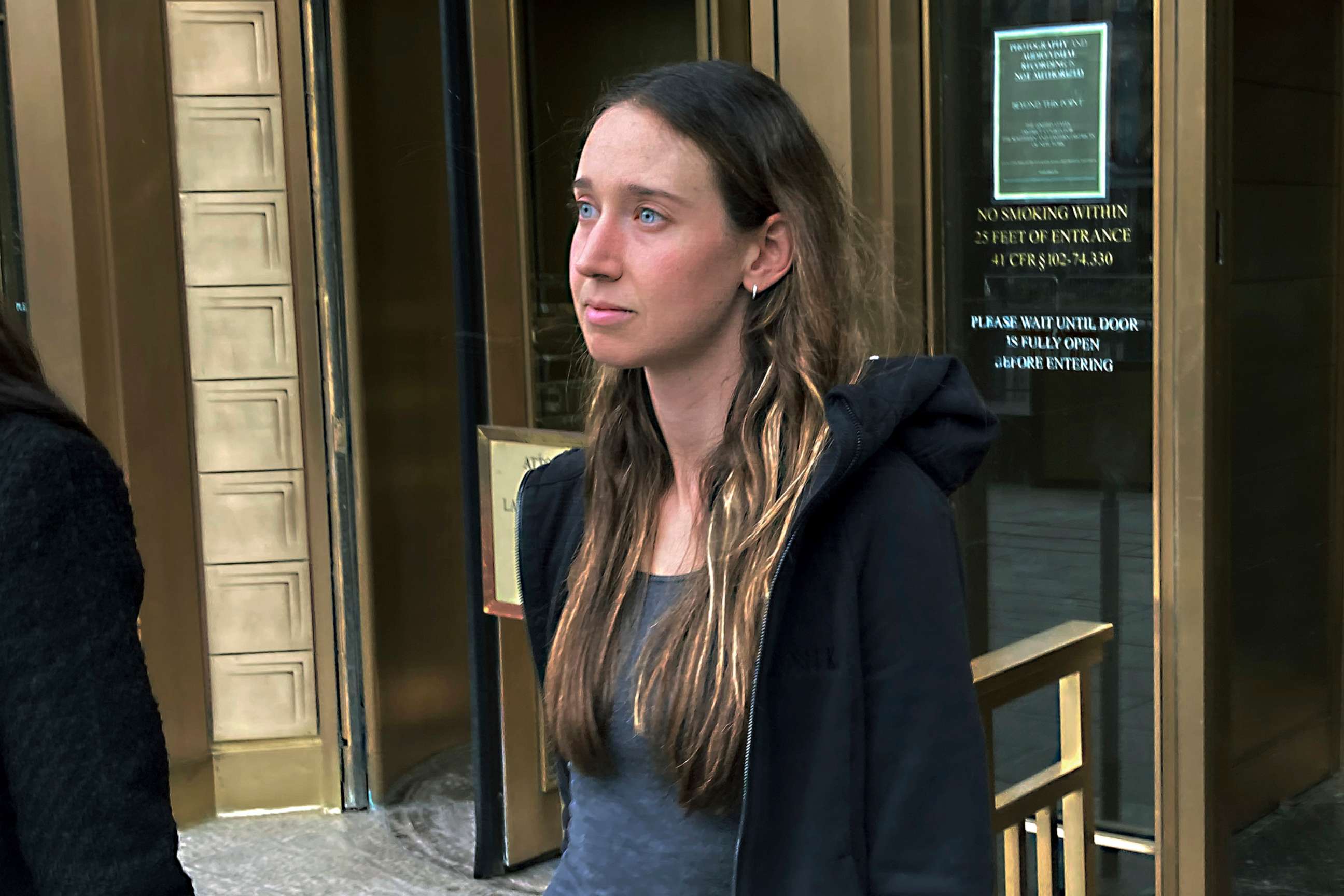
Charlie Javice, the founder of the social app Frank, was accused of sexual assault in 2022. The accusation was made by a woman named Elle Carpenter, who alleged that Javice had assaulted her at his apartment in New York City. Carpenter said that Javice had forced himself on her after she had declined his advances.
Javice denied the allegations, saying that he and Carpenter had engaged in consensual sex. However, Carpenter’s allegations led to a number of high-profile investors pulling their funding from Frank. The company was also dropped by its public relations firm.
In March 2023, Javice and Carpenter reached a settlement agreement. The terms of the settlement were confidential, but it was reported that Javice had agreed to pay Carpenter a significant sum of money.
The allegations against Javice had a devastating impact on his career and reputation. Frank was ultimately forced to shut down, and Javice has stepped down from all of his other business ventures.
Carpenter’s allegations were never proven in court, but they raise important questions about consent, sexual assault, and the power dynamics in Silicon Valley.
Hall of Shame : Nate Paul, the founder of World Class Capital Group

In June 2023, Nate Paul, the founder of World Class Capital Group, a hedge fund, was arrested by the FBI on eight counts of bank fraud. He was accused of making false statements to banks in order to secure millions of dollars in loans.
Paul allegedly lied about the value of his assets and the financial health of his companies in order to obtain loans that he would not have otherwise qualified for. He is also accused of using the proceeds of the loans for personal expenses, rather than for investing in his businesses.
If convicted, Paul could face up to 30 years in prison and $1 million in fines on each count. He has pleaded not guilty and is currently awaiting trial.
The charges against Paul are part of a broader investigation into fraud in the real estate industry. In recent years, there have been a number of high-profile cases of real estate developers and investors using insider trading and other illegal schemes to make money.
The Paul case is a reminder of the importance of ethical business practices. It is also a reminder that even the most successful people can be tempted to engage in illegal activity.
Here are some additional details about the case:
- The FBI raided Paul’s offices in August 2019.
- Paul has also been sued by a number of investors who claim that he lost them money.
- Paul is a close associate of Texas Attorney General Ken Paxton.
The Paul case is still ongoing, and it is possible that there will be more developments in the coming months.
Hall of Shame : Martin Shkreli, the founder of Turing Pharmaceuticals

Martin Shkreli is an American pharmaceutical executive and former hedge fund manager. He was the founder and CEO of Turing Pharmaceuticals, a company that acquired the rights to Daraprim, a drug used to treat toxoplasmosis, and raised the price by 5,555%. Shkreli was also the founder of Retrophin, a pharmaceutical company that develops drugs for rare diseases.
In 2015, Shkreli was charged with securities fraud for misleading investors about his hedge funds. He was convicted on two counts of securities fraud and one count of conspiracy to commit securities fraud in 2017. He was sentenced to seven years in prison and ordered to pay $7.36 million in restitution.
Shkreli was released from prison in 2021. He is currently banned from the pharmaceutical industry and is barred from holding the position of an officer or director of any publicly traded company.
Shkreli is a controversial figure. He has been criticized for his business practices, his public persona, and his personal views. However, he has also been praised for his intelligence and his entrepreneurial spirit.
Here are some additional details about Shkreli and his case:
- Shkreli is a graduate of the Bronx High School of Science and the College of Medicine at the State University of New York Upstate Medical University.
- Shkreli started his career as a hedge fund manager. He founded his first hedge fund, MSMB Capital Management, in 2009.
- Shkreli founded Turing Pharmaceuticals in 2015. The company acquired the rights to Daraprim, a drug used to treat toxoplasmosis, shortly thereafter.
- Shkreli raised the price of Daraprim by 5,555% in 2015. This caused a public outcry and led to congressional investigations.
- Shkreli was arrested in 2015 on charges of securities fraud. He was released on bail and continued to run Turing Pharmaceuticals.
- Shkreli was convicted of securities fraud in 2017. He was sentenced to seven years in prison and ordered to pay $7.36 million in restitution.
- Shkreli was released from prison in 2021. He is currently banned from the pharmaceutical industry and is barred from holding the position of an officer or director of any publicly traded company.
The Shkreli case is a complex one that raises a number of important ethical and legal questions. It is a reminder of the importance of transparency and accountability in the pharmaceutical industr
Cody Wilson, the founder of Defense Distributed, a 3D-printed gun company
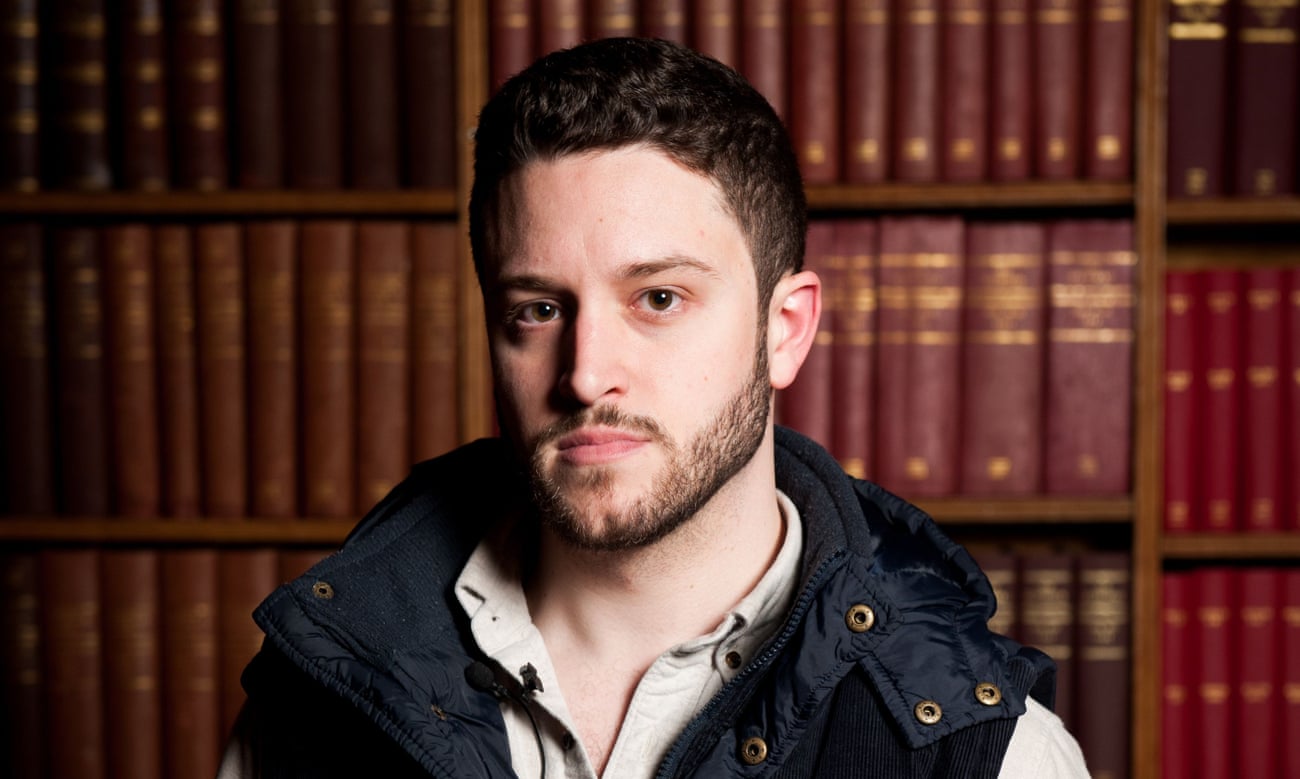
Cody Wilson is an American activist and entrepreneur who is known for his work on 3D-printed firearms. He is the founder of Defense Distributed, a company that publishes open-source designs for 3D-printed guns. In 2013, Wilson published the designs for the Liberator, the world’s first fully 3D-printed gun. The Liberator was made of plastic and could be assembled at home using a 3D printer.
The publication of the Liberator designs led to a lawsuit between Wilson and the U.S. Department of State. The State Department argued that the designs were classified as firearms under the International Traffic in Arms Regulations (ITAR) and that Wilson was therefore required to obtain a license before publishing them. Wilson argued that the designs were protected by free speech rights under the First Amendment.
In 2018, the State Department reached a settlement with Wilson that allowed him to publish the designs for 3D-printed guns with certain restrictions. However, the settlement was blocked by a federal judge, who ruled that the State Department had exceeded its authority in regulating the designs.
In 2018, Wilson was arrested and charged with weapons trafficking for violating the ITAR by publishing the Liberator designs. He pleaded guilty to a lesser charge of injury to a child and was sentenced to six months in prison.
Wilson is a controversial figure who has been praised and criticized for his work on 3D-printed guns. Some people believe that his work is dangerous and could lead to the proliferation of illegal firearms. Others believe that his work is a valuable contribution to the open-source movement and that it should be protected by free speech rights.
Here are some additional details about Wilson and his work:
- Wilson is a graduate of the University of Texas at Austin School of Law.
- Wilson is a self-described anarchist.
- Wilson has been featured in Forbes, Time, and The New York Times.
- Wilson is the author of the book “Come on in, America: The Self-Defense Revolution.”
The Wilson case is a complex one that raises a number of important legal and ethical questions. It is a reminder of the challenges of regulating new technologies and the importance of balancing safety with freedom of expression.
James O’Keefe, the founder of Project Veritas

James O’Keefe is an American political activist and filmmaker who is the founder of Project Veritas, a non-profit organization that produces undercover videos promoting conservative political views. O’Keefe has been accused of using deceptive editing techniques, making false statements, and engaging in other unethical practices to produce his videos.
Accusations of misleading editing
O’Keefe has been accused of deceptively editing his videos to make it appear that people are saying or doing things that they did not actually say or do. For example, in 2016, Project Veritas released a video that appeared to show a CNN producer discussing how to manipulate news coverage to benefit Hillary Clinton. However, it was later revealed that the video had been heavily edited to remove context and make the producer’s comments appear more damning.

Accusations of making false statements
O’Keefe has also been accused of making false statements in his videos. For example, in 2017, Project Veritas released a video that accused Planned Parenthood of illegally selling fetal tissue. However, the video was based on heavily edited footage and false claims about Planned Parenthood’s practices.
Accusations of engaging in other unethical practices
In addition to accusations of misleading editing and making false statements, O’Keefe has also been accused of engaging in other unethical practices, such as using hidden cameras and microphones to record people without their consent. He has also been accused of using intimidation and harassment tactics to silence his critics.
Project Veritas’ response to the accusations
Project Veritas has denied the accusations of misleading editing, making false statements, and engaging in other unethical practices. The organization has argued that its videos are protected by the First Amendment and that its methods are necessary to expose wrongdoing.
The impact of the accusations
The accusations against O’Keefe and Project Veritas have had a significant impact on the organization’s reputation and its ability to raise money. In 2019, Facebook banned Project Veritas from its platform for violating its policies against misleading content and spam. The organization has also been sued by a number of individuals and organizations who have been featured in its videos.
Conclusion
James O’Keefe and Project Veritas are controversial figures who have been accused of using deceptive editing techniques, making false statements, and engaging in other unethical practices to produce their videos. The organization has denied these accusations, but they have had a significant impact on its reputation and its ability to raise money.
Phadria Prendergast, the editor-in-chief of Women Of the City Magazine

According to the Forbes article on Hall of Shame, Phadria Prendergast, the former Global Editor-in-Chief of Women of the City Magazine, has been accused of promoting a cult-like environment1. The same article also states that Forbes investigated these allegations and revoked Ms. Prendergast’s access to the Under 30 community. Another article from Latest Bolly Holly reports that WOTC had misappropriated funds from 11 individuals who were promised a platform. A MSN article reports that 11 former clients have come forward, asserting that she absconded with approximately $195,000 of their funds.
Steph Korey, the co-founder of Away, a luggage company
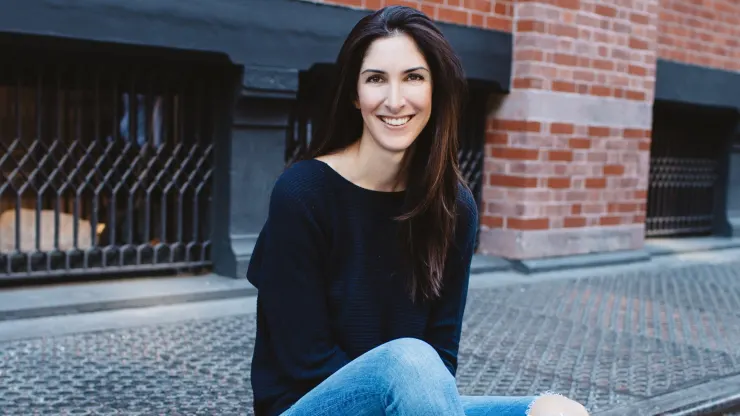
In December 2019, The Verge published an article detailing allegations of a toxic work environment at Away, a luggage company co-founded by Steph Korey. The article included screenshots of Slack messages in which Korey publicly chastised employees for making mistakes, even late at night and on weekends. Former employees also told The Verge that Korey had created a clique-like environment and that she had forced people to work exceedingly long hours.
Korey initially denied the allegations, but she later stepped down as CEO of Away in January 2020. In a statement, Korey said that she was “appalled” by her own behavior and that she was “truly sorry” for the pain she had caused.
The allegations against Korey had a significant impact on Away’s reputation and business. The company’s sales reportedly declined after the article was published, and several investors pulled their funding.
In February 2020, Away announced that it had hired Stuart Haselden as its new CEO. Haselden, who was previously the COO of Lululemon, said that he was committed to creating a “more inclusive and collaborative” work environment at Away.
The allegations against Korey serve as a reminder of the importance of creating a positive and respectful work environment. When employees feel valued and supported, they are more likely to be productive and engaged. Conversely, when employees feel bullied or harassed, it can lead to a toxic work environment that can have a negative impact on the company’s bottom line.
Here are some additional details about the allegations against Korey:
- Korey was accused of publicly criticizing employees for making mistakes, even small ones.
- Korey was accused of creating a clique-like environment in which certain employees were favored over others.
- Korey was accused of forcing employees to work exceedingly long hours, even late at night and on weekends.
- Korey’s behavior reportedly led to high turnover at Away.
The allegations against Korey have not been proven in court, but they raise important questions about the role of CEOs in creating a positive and respectful work environment. CEOs have a responsibility to set the tone for the company culture, and they must be held accountable for their actions.
Lucas Duplan, the founder of Clinkle, a payment app

Also on the list of Hall of Shame is Lucal Duplan. In 2016, Duplan was found guilty on all charges. He was sentenced to five years in prison and ordered to pay $2.8 million in restitution. Duplan is currently serving his sentence at a federal prison in California.
The Duplan case is a reminder of the importance of corporate governance and ethical business practices. When companies are not properly managed, there is a risk that executives will use their positions for personal gain. It is important for investors, employees, and regulators to be vigilant in detecting and preventing corporate fraud.
Here are some additional details about the Duplan case:
- Duplan was a charismatic and ambitious entrepreneur who had a vision of revolutionizing the way people pay for things.
- Clinkle was initially met with great fanfare and was hailed as the next big thing in mobile payments.
- However, the company’s financial problems began to mount, and Duplan’s personal spending habits became increasingly lavish.
- The whistleblower complaint led to an SEC investigation, which uncovered evidence of Duplan’s fraud.
- Duplan’s conviction sent shockwaves through the Silicon Valley startup community and raised concerns about the ethics of young entrepreneurs.
The Duplan case is a cautionary tale about the dangers of unchecked ambition and the importance of ethical business practices. It is a reminder that even the most promising young entrepreneurs can fall from grace if they do not adhere to the highest standards of conduct.tunesharemore_vertadd_photo_alternate
Conclusion: Forbes Hall of Shame
The Forbes 30 Under 30 list is a prestigious award that recognizes young achievers in various fields. However, the Hall of Shame shows that even some of the most promising young people can make mistakes or even commit crimes. It is important to remember that success does not guarantee good character, and that anyone can fall from grace.
Richest Actors in the World & Their Wealth
Top Earning Athletes in the World in 2022.
Pricing Case Studies : Real World Successful and Failed Strategies




